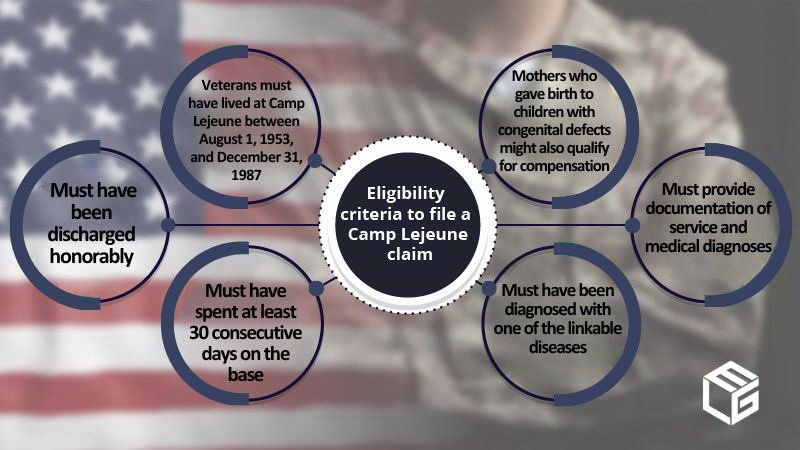Camp Lejeune: Prostate cancer claims

Prostate cancer is the most common malignant disease among veterans, with 12,000 new cases occurring annually. The risk of developing prostate cancer is 1 in 8. While the disease is often the result of faulty genes, it has recently come to light that exposure to hazardous chemicals might also contribute to the development and progression of prostate cancer. Between 1953 and 1987, the drinking water at Camp Lejeune was heavily contaminated with toxic substances, endangering the health of service members and their families. At the moment, over 200,000 veterans struggle with prostate cancer, many of whom are victims of toxic exposure. Still, we may witness more and more cases in the near future, as roughly one million people lived at Camp Lejeune during that time. If you are a veteran who has a diagnosis of prostate cancer and spent time at this military base, do not hesitate to contact our attorneys, as you might be eligible to file a claim and recover financial compensation.
